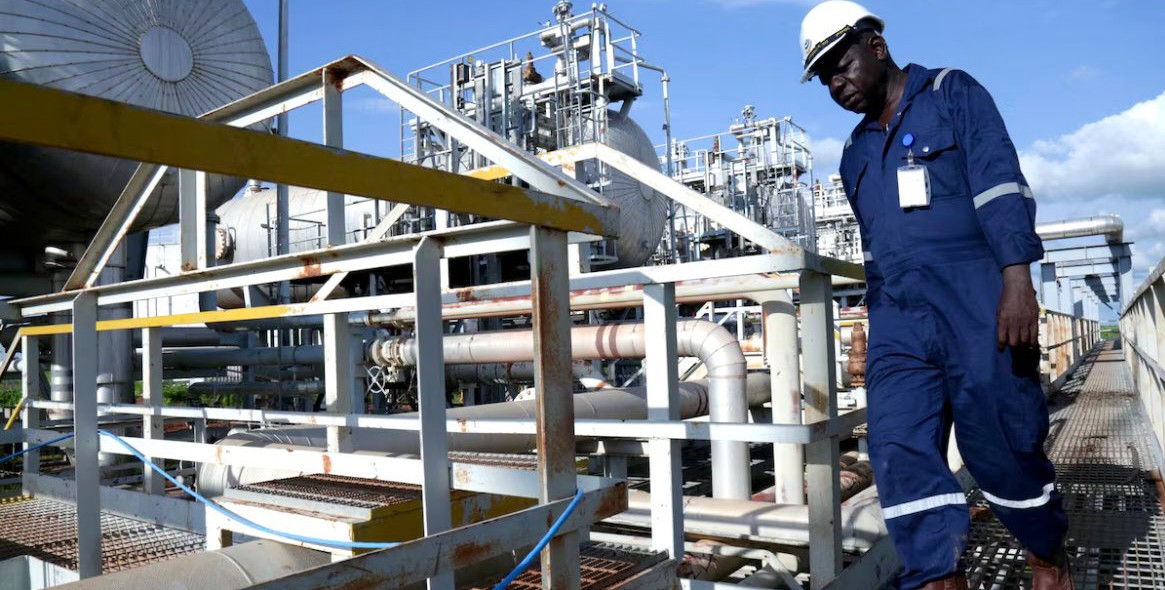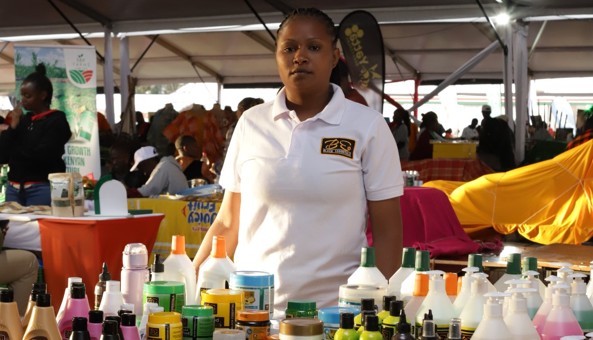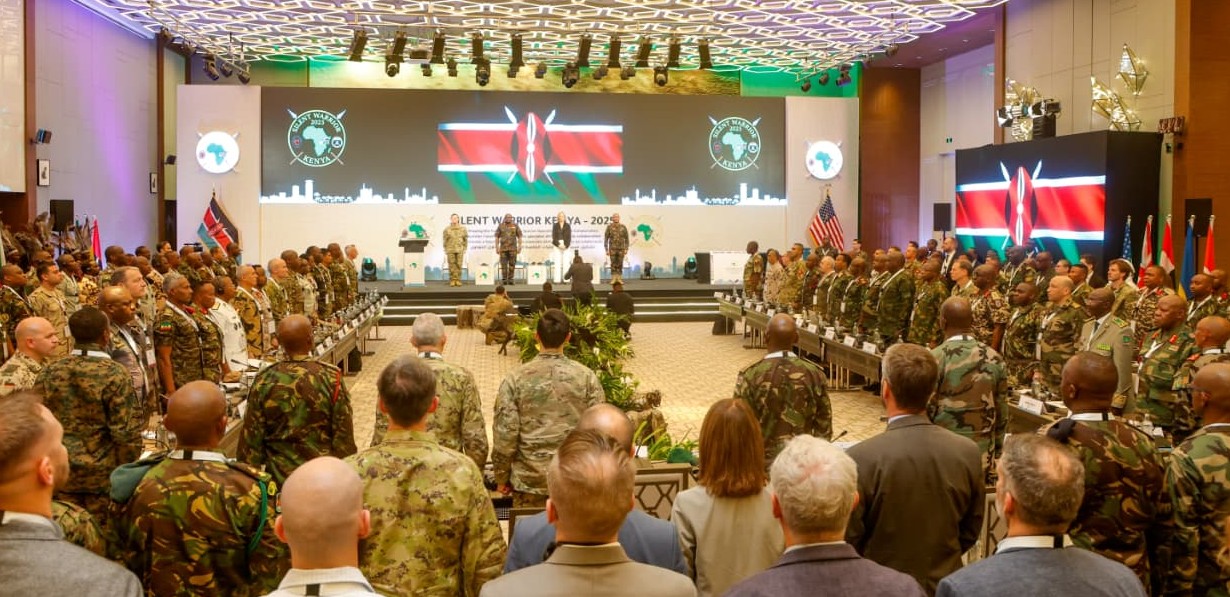DRC refugees begin returning home despite uncertainty ahead
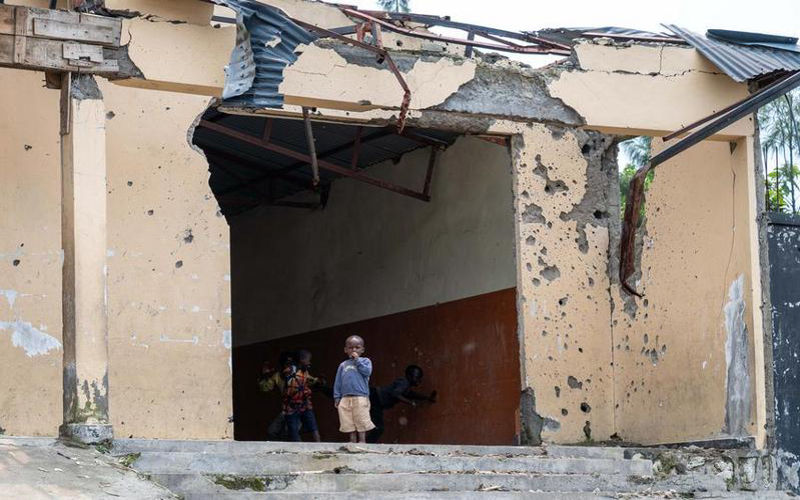
After decades of exile, Congolese refugees cautiously return home -- only to find their villages changed, their land gone. But hope persists amid the ruins.
In the lush green hills of Mushaki, the eastern Democratic Republic of the Congo (DRC), signs of a cautious yet hopeful return are starting to surface.
More To Read
- UN hails DR Congo-Rwanda peace deal amid ongoing hostilities in the east
- Scepticism grows over DR Congo-Rwanda peace deal
- DR Congo, Rwanda vow to uphold Trump-backed peace deal
- Explainer: Why DR Congo-Rwanda peace deal faces tough reality
- DR Congo, Rwanda leaders to sign peace deal in US
- M23 rebels hands over minors taken from conflict zones in North Kivu, DRC
Several villages in this conflict-stricken region are preparing to receive thousands of Congolese refugees who fled to Rwanda during decades of violence.
This movement came against a backdrop of shifting security and political dynamics, especially since the March 23 Movement (M23) rebel group occupied large chunks of North Kivu and South Kivu provinces in late January.
Nzabanita Gaspard, 56, a father of six, is among the first to return to Mushaki in North Kivu.
He fled with his wife, Mwamini Musabese, in 1996 when intercommunal violence engulfed the region, and never came back. His father was killed before his eyes, and a bullet wound left Gaspard permanently disabled. Afterwards, he settled in the Kiziba refugee camp in Rwanda, attempting to rebuild his life in exile.
"This is the first time my wife and I have returned to Mushaki since 1996. We wanted to see what the area looks like now and whether it might be possible to bring our children back in a few months," he said, sitting on a makeshift bench outside a small house temporarily loaned by relatives.
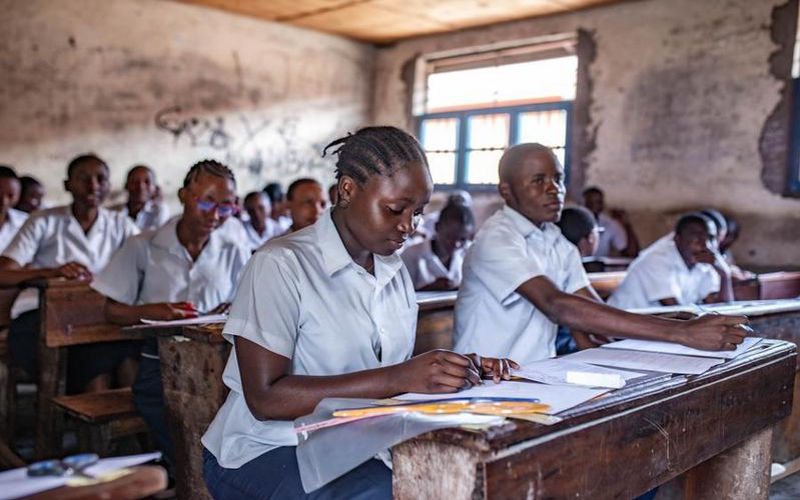 Students take the national exam in Goma, the Democratic Republic of the Congo (DRC) on June 2, 2025. (Photo: Str/Xinhua)
Students take the national exam in Goma, the Democratic Republic of the Congo (DRC) on June 2, 2025. (Photo: Str/Xinhua)
But for the returning family, their home soil held only emptiness: the house was gone, and their fields had either vanished or been claimed by others.
"We don't know how to bring up our six children here. They have no future here for now, because we have nothing as parents after all these years spent in the refugee camp in Rwanda," added Musabese, 43, her gaze uncertain.
Like them, many Congolese refugees - mostly from the Masisi and Rutshuru territories in North Kivu, still under the M23 control - have started moving back to the region.
As of April 30, the DRC was hosting over 517,800 refugees and 1,400 asylum seekers. Inside the country, more than 7 million people are internally displaced, including over 5 million in the eastern regions.
The United Nations High Commissioner for Refugees (UNHCR) reported in May that some 139,000 people have fled from the eastern DRC to neighbouring countries since the beginning of the year.
In July, the DRC, Rwanda, and the UNHCR reaffirmed their commitment to the voluntary, safe, and dignified return of refugees.
 Bintou Keita (3rd, R), special representative of the UN Secretary-General in the Democratic Republic of the Congo (DRC), attends a press briefing in Goma, eastern DRC, on June 13, 2025. (Photo: Str/Xinhua)
Bintou Keita (3rd, R), special representative of the UN Secretary-General in the Democratic Republic of the Congo (DRC), attends a press briefing in Goma, eastern DRC, on June 13, 2025. (Photo: Str/Xinhua)
During a high-level ministerial meeting held in Addis Ababa, Ethiopia, the parties emphasised that refugee return is a key pillar for peace and post-conflict reconstruction in the Great Lakes region, particularly in the DRC.
According to DRC authorities, several localities in Masisi and Rutshuru are ready to receive the returnees, while M23 representatives, for their part, claim that security conditions are "gradually being met" to enable refugees to come back.
In Mushaki, Gisele Karungi and her younger sister Bora Mutesi, who returned from the Kiziba camp after 11 years in exile, described their decision as difficult but necessary.
"With the security that has returned to our village for some time, we chose to come back to the DRC, even though our parents are still in the camp in Rwanda," said Karungi. "For us, it was the right moment to return home despite the new life we now have to begin here."
Top Stories Today




